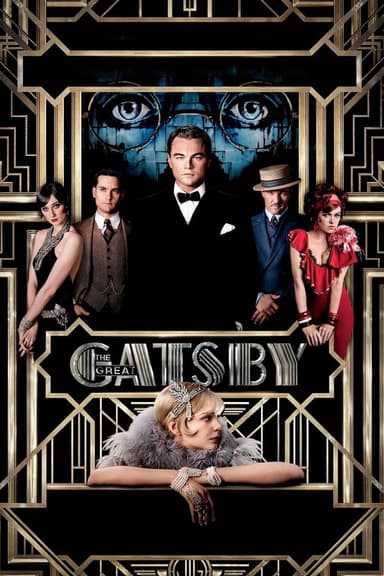
Restoration
1995 • Drama, Romance • R
An aspiring young physician, Robert Merivel found himself in the service of King Charles II and saves the life of someone close to the King. Merivel joins the King's court and lives the high life provided to someone of his position. Merivel is ordered to marry his King's mistress in order to divert the queens suspicions. He is given one order by the king and that is not to fall in love. The situation worsens when Merivel finds himself in love with his new wife. Eventually, the King finds out and relieves Merivel of his position and wealth. His fall from grace leaves Merivel where he first started. And through his travels and reunions with an old friend, he rediscovers his love for true medicine and what it really means to be a physician.
Runtime: 1h 57m
Why you should read the novel
If you pick up Rose Tremain's novel 'Restoration,' you’ll discover a literary masterpiece that transports you into the heart of 17th-century England with poetic grace and psychological depth. Tremain crafts a deeper, more intricate journey for Merivel, her flawed protagonist, allowing readers to experience firsthand his struggles with ambition, love, and redemption in ways the film only brushes over.
While the movie offers lush visuals and brisk storytelling, the novel provides more intimate access to Merivel’s thoughts, inner conflicts, and complex relationships. The pages are bursting with vivid imagery, dark humor, and moments of profound humanity that invite careful, reflective reading—a delight for anyone who admires immersive historical fiction.
Choosing to read the novel instead of watching the film means rediscovering a story replete with subtleties and layered characters. Tremain’s beautiful prose and keen insight into human nature make the book unforgettable, showcasing the personal and historical transformations that define this era with exquisite artistry.
Adaptation differences
The film adaptation of ‘Restoration’ significantly streamlines Rose Tremain’s intricate novel, focusing more on spectacle and the broad strokes of Merivel’s journey rather than his nuanced internal development. The movie condenses or omits several subplots, notably those exploring Merivel’s friendship with Pearce and the extended moral and philosophical struggles Merivel faces in the novel. As a result, the protagonist’s transformation feels less gradual and profound on screen.
Whereas the book delves deeply into Merivel’s psyche, allowing readers to witness his flaws, fears, and self-discoveries through a rich first-person narrative, the film maintains a third-person perspective that keeps some of his motivations ambiguous. Key emotional events—such as his failed attempts at love, his grief, and his evolving relationship with medicine—are rendered with greater subtlety and complexity in the text than in their cinematic counterparts.
The subplot involving Merivel's marriage of convenience to Celia, the King’s mistress, is treated very differently in the novel, with Tremain elaborating on the emotional ramifications and ethical ambiguities for all involved. The film, by necessity, simplifies these dynamics and offers more overt, sometimes melodramatic sequences to move the plot forward rapidly, losing much of the moral ambiguity present in the book.
Additionally, historical context and secondary characters are more thoroughly developed in the novel, giving readers a fuller sense of Restoration-era society and Merivel’s place within it. The book’s pace allows for meditative exploration of themes such as art, faith, and mortality—qualities that, although present in the movie, are necessarily compressed or glossed over for cinematic brevity.
Restoration inspired from
Restoration
by Rose Tremain










